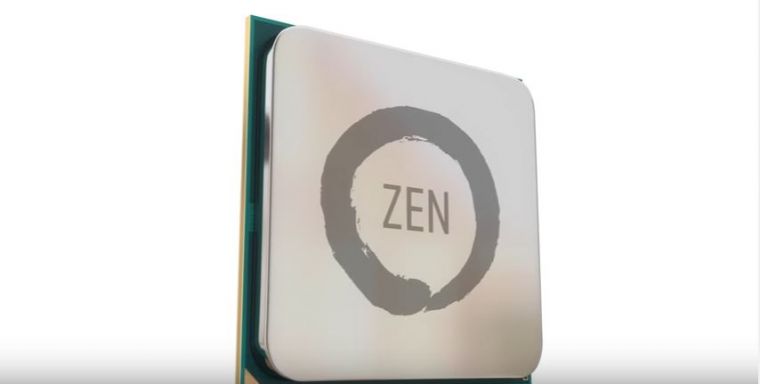AMD news: CPU manufacturer rebukes competitor Intel's claims that their chips are also vulnerable

Advanced Micro Devices (AMD), Intel's competitor in the central processing unit (CPU) market, is insulating itself from the massive processor-related security risk discovered by Google.
AMD has pushed back on its competitor's statement saying that it was not only Intel CPUs that were affected by the security risk but AMD as well. The underdog CPU manufacturer has stated that its chips are not affected by the said security flaw which makes users' PCs vulnerable to prohibited monitoring.
"To be clear, the security research team identified three variants targeting speculative execution. The threat and the response to the three variants differ by microprocessor company, and AMD is not susceptible to all three variants. Due to differences in AMD's architecture, we believe there is a near zero risk to AMD processors at this time," as was issued by AMD. This means that AMD users are mostly safe compared to those who have Intel CPUs on their computers.
This had quite a significant impact on the CPU market as Intel's stock prices have decreased while AMD's has seen a slight increase after the said statement. While the security problem does have a solution, it involved hobbling the performance of the CPUs. Still, despite not being affected much by the security flaw, AMD is now working with Intel and other CPU manufacturers in order to further improve on solutions.
To further explain how their CPUs are not affected by the security risk, AMD has stated that the microarchitecture from their processors does not allow memory references, including speculative references, that access higher privileged data when running in a lesser privileged mode when that access would result in a page fault. This means that their processors have a lot more secure procedures when accessing private data on the users' PC compared to Intel.
This also gives an opportune moment for AMD, as they have claimed that they will definitely be "taking advantage" of Intel's messy security fallout. This could come in the form of a more aggressive marketing tactic or better security features for their CPUs.











